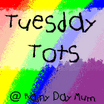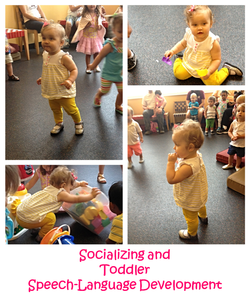
Over the years, I have mentioned to parents that one of the best forms of toddler speech therapy is to allow their kids to socialize with others around the same age. Most parents immediately think of daycare, but there are many other alternatives to daycare if you don’t want to take that route. It’s not necessary for your toddler to attend a full time program, either. A few days a week with other children will do him or her well!
So, you may be asking, “What programs should I consider for my toddler?” There are mother’s morning out/mother’s day out programs, story times at your local library, the childcare center at the gym where you exercise, playgroups, music classes, art classes, dance classes, etc. It doesn’t have to be anything formal, either. Your toddler can play with a friend in the neighborhood too! All of these examples increase your toddler’s speech and language skills such as turn taking skills, pragmatics, and vocabulary.
My twin toddlers (seen in the picture) attend a Mother’s Day Out program from 9am to 2pm two days a week. They’ve learned a lot and genuinely love being around other people. They also go to the gym’s nursery where I teach fitness classes each week, and they try to jump out of the stroller with excitement before I’m able to get them out! My twins also attend baby/toddler story time at some of our local libraries, and they were part of a play group in Georgia that a friend organized before we moved to Mississippi.
There are so many low cost and free options. They sky is the limit, and you can find out what’s offered in your area by searching the internet or asking a friend. Your toddler will thank you, and you may even make a new friend, too!
To learn more speech and language tips to help your toddler talk and communicate faster, be sure to check out my book on Amazon Kindle, Talking With Todders - 52 Tips to Boost Speech and Language Skills.

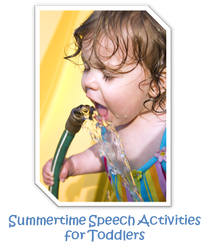
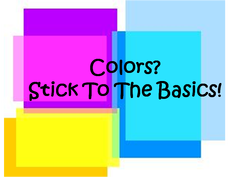
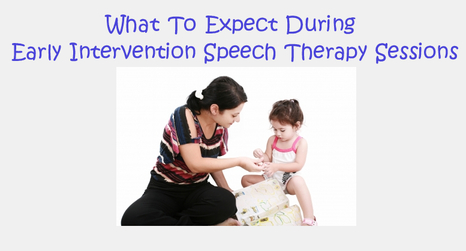
 RSS Feed
RSS Feed



